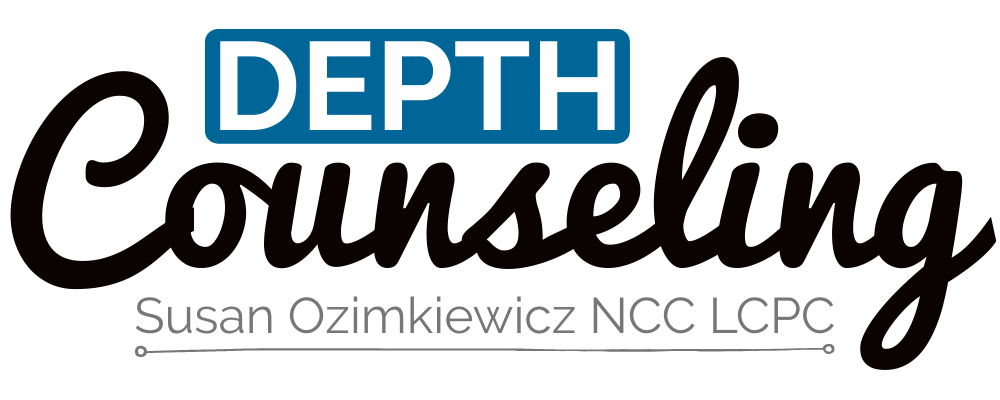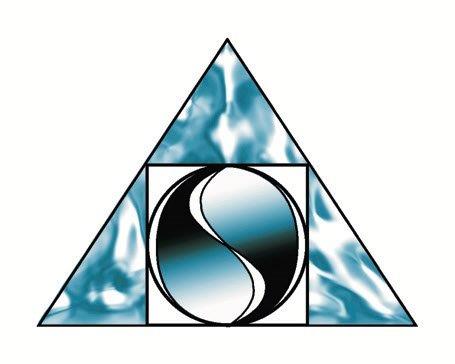Intuitionism and Decision-Making Style
“The power of intuitive understanding will protect you from harm until the end of your days.” ̶ Lao Tzu
Decisions are scary and difficult especially if a person is afraid to decide something for fear of making a mistake. There isn’t a guarantee about a choice someone might make. The final outcome may not be known. Waiting and observing may not be helpful either. For many of my clients personal or individual decisions that are major or minor are hard to sort through.
Choice, Decision and a Course of Action
Usually there is a method used to pick the best direction as the way to go forward. A person recognizes that a decision has to be made. Some type of thought process ensues about the subject or issue. The person might do research, enquire of others or start a google search to gain information to have a better grasp about the nature of the subject in question. There are many types of intuition such as medical, musical, mathematical, and artistic to name a few. Sometimes the question might become, “ what are my options?” W hen the pros and cons are considered as one looks at all sides of the topic then a person might start to ponder their alternatives. After reflection, with a review of possible consequences, as everything has been taken into consideration and mulled over a decision is often made.
Another way to make a decision is by using one’s intuition. Intuition is the ability to know something without knowing how you know. It is an impression or a direct knowing. The word comes from the Latin intuitus , a look, from past participle of intuērī , to look at, contemplate.
Intuitionism
The American Heritage Dictionary describes intuitionism in three ways:
1 The theory that certain truths or ethical principles are known by intuition rather than reason.
2 The theory that external objects of perception are immediately known to be real by intuition.
3 the view that the subject matter of mathematics consists of the mental or symbolic construction of mathematicians rather than independent ad timeless abstractions, as is held in Platonism.
As an intuitive myself, I help my clients with the ability to distinguish and utilizing their own intuition. Many of my clients are interested in the various ways that they can recognize their own real intuition. Perhaps you will find the following helpful in understanding and listening to your personal intuitive guidance.
Your own Intuition is oftentimes very confusing. It sometimes has a feeling of rightness; it’s not always logical, or even has a voice of reason. Yet this quiet voice sounds like a whisper or a gentle breeze of a thought. It is through using your own intuition that you gain the experience to be able to know it. It’s quite easy to misinterpret intuitions, or confuse something else to be your intuition. Here are a number of ways to measure your intuition with your rational mind.
1 You still feel the rightness of what has been decided even if everybody else disagrees with it. Intuition does not use social wisdom or common sense. It will remain the same and will not let up until you follow it.
2 You still feel that the same way after sleeping on the decision. That’s why it is important to learn to sleep on important decisions. An Intuition stands a test of time. The intuition appears the clearest the first thing in the morning, before various thoughts start invading your mind.
3 You still feel that way when you are happy. When we are under duress to make a decision, often wants, needs, fears and desires can enter the thought process.
4 When you see yourself decide to take or follow that intuitive action, relief and breathing free can be felt. It is not intuition if you feel resistance and hesitation. The decision makes sense.
5 When the decision inconveniences you it may be about effectiveness. Intuition is not always about what is efficient or practical but what is right for you. Sometimes one is afraid of their intuition and the direction it is wanting you to go.
“The intuitive mind is a sacred gift and the rational mind is a faithful servant. We have created a society that honors the servant and has forgotten the gift.” ̶ Albert Einstein



Signup for Newsletters and Updates
Subscribe
Thanks for subscribing.
Oops, there was an error sending your message. Please try again later.
All Rights Reserved | Susan Ozimkiewicz NCC LCPC




